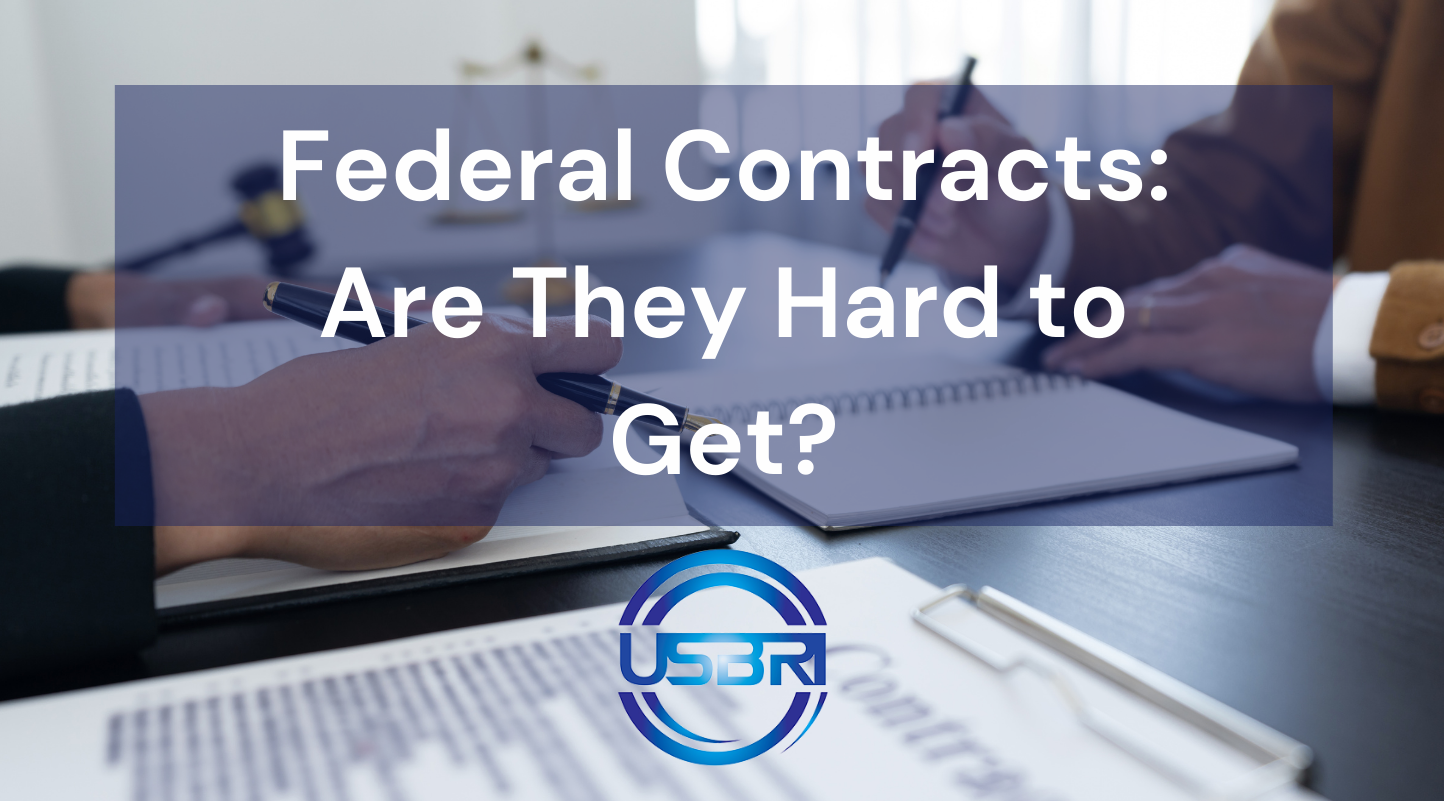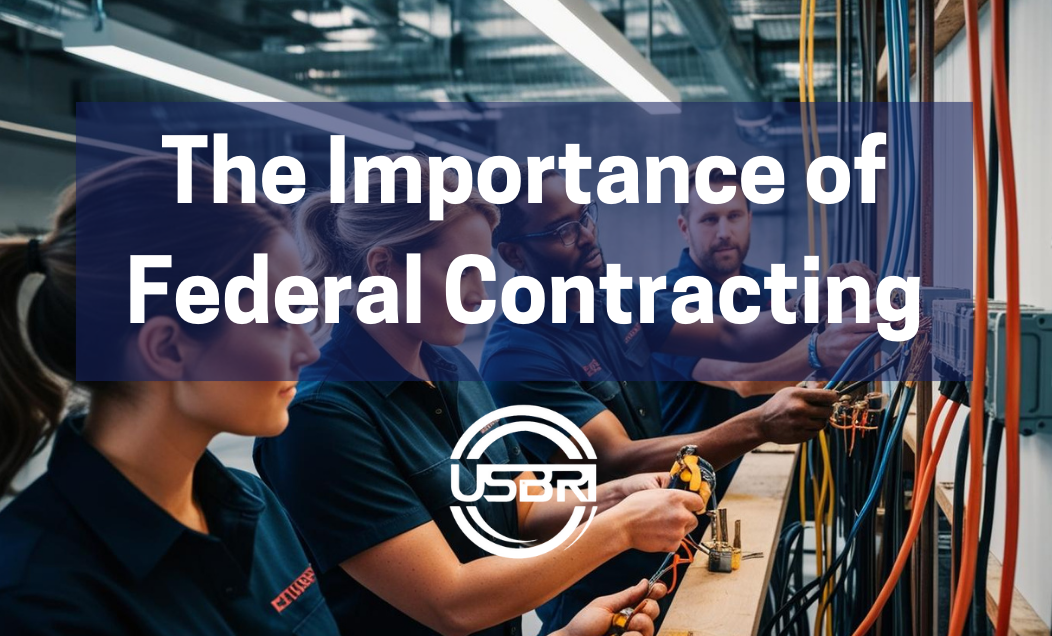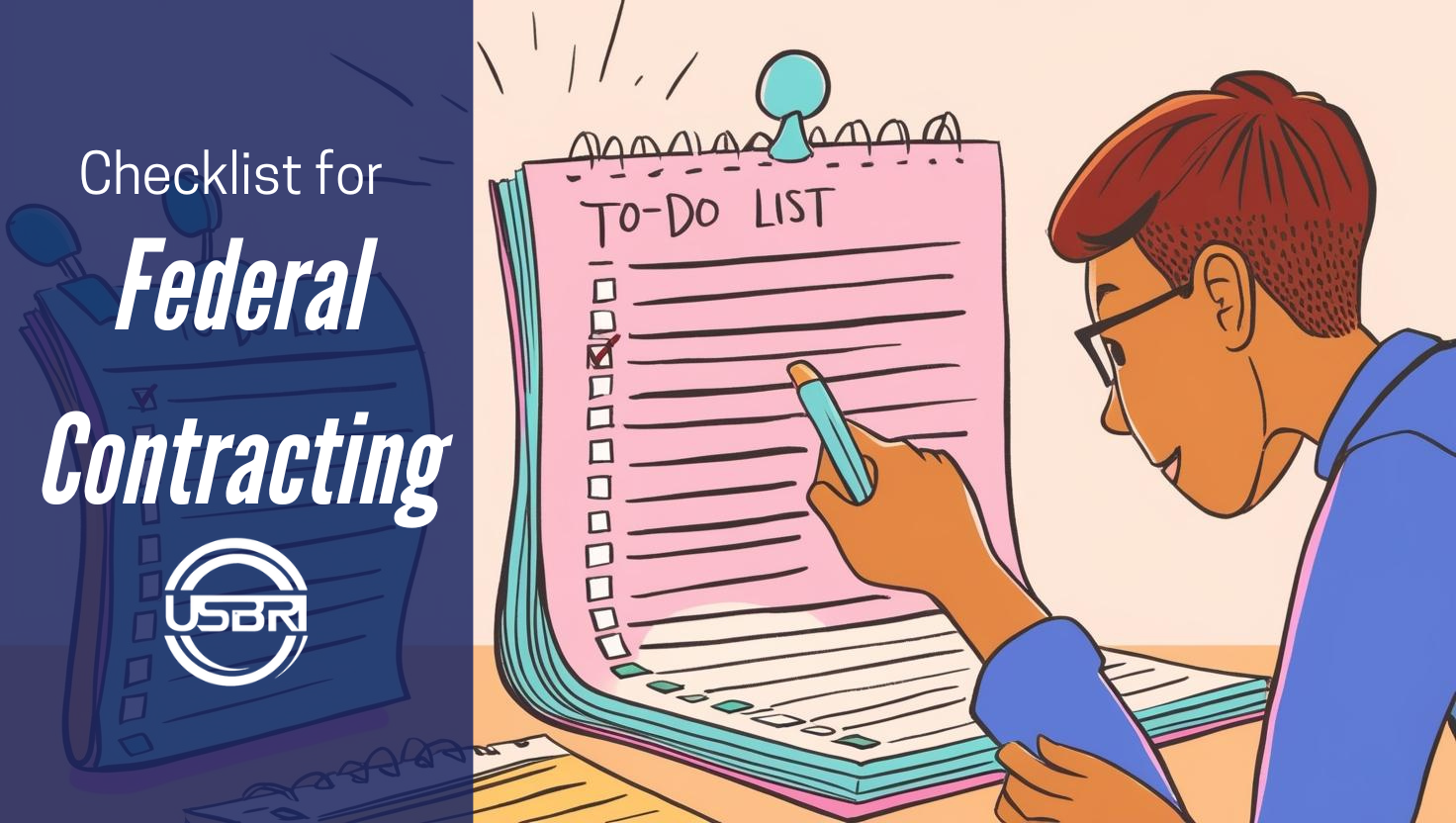How to Bid on Contracts That Get Results
Bidding on federal contracts can be a game-changer for small businesses, but crafting winning proposals requires a strategic approach. To succeed, businesses must understand their target opportunities, create compelling proposals, and meet compliance requirements. Contracts set aside for specific certifications, such as HUBZone, WOSB, VOSB, and 8(a), provide an excellent chance to compete with reduced competition. However, success begins with identifying contracts that align with your company’s expertise, past performance, and capacity. Utilizing tools like SAM and federal procurement forecasts will help pinpoint opportunities where you have the best chance of winning.
Once you’ve identified the right opportunities, the next step is creating a proposal that stands out. Start by thoroughly reviewing the solicitation, including all details in the Request for Proposal (RFP) or Request for Quotation (RFQ). Pay close attention to the scope of work, deliverables, and evaluation criteria. Your proposal should clearly demonstrate how your business meets or exceeds the requirements while offering value to the government. Highlight your unique qualifications, past performance, and certifications like HUBZone or 8(a) to showcase your competitive advantage. Providing a well-organized, error-free submission is crucial to earning the contracting officer’s trust.
Compliance plays a critical role in bidding on government contracts. Ensure your SAM registration is active and accurate before submitting a bid. Missing details, expired registrations, or non-compliance can disqualify an otherwise strong proposal. Additionally, understanding FAR (Federal Acquisition Regulation) guidelines and adhering to the solicitation’s instructions will help you avoid pitfalls. Businesses should also use templates or software tools to streamline the bidding process and double-check proposals for completeness before submission.
USBRI has been offering assistance with SAM and Federal Certifications for 12 years. Reach out to the USBRI Help Desk at 1-888-646-9998 and a CRS (Certified Registration Specialist) will be able to give you more information on what steps to take.
Finally, success in government contracting requires persistence and continuous improvement. Winning contracts takes practice, so use each experience as a learning opportunity. If your bid isn’t successful, request feedback from the agency to understand areas for improvement. By refining your proposals, strengthening your past performance, and leveraging small business certifications, you’ll enhance your ability to win contracts that deliver real results. With a strategic approach and attention to detail, your business can thrive in the federal marketplace.
If you need to find out the status of your SAM Registration, use the SAM Status Lookup Tool by clicking the button below
If your registration has expired or you do not have one, do not delay in getting renewed or registered. Federal Contracting is a lucrative arena and you do not want to miss out on opportunities due to a lapsed or missing registration. Reach out tot he USBRI Help Desk at 1-888-646-9998 with questions to get started. If you’re ready to get started now, click below and you will be connected with a CRS within 24 hours.








